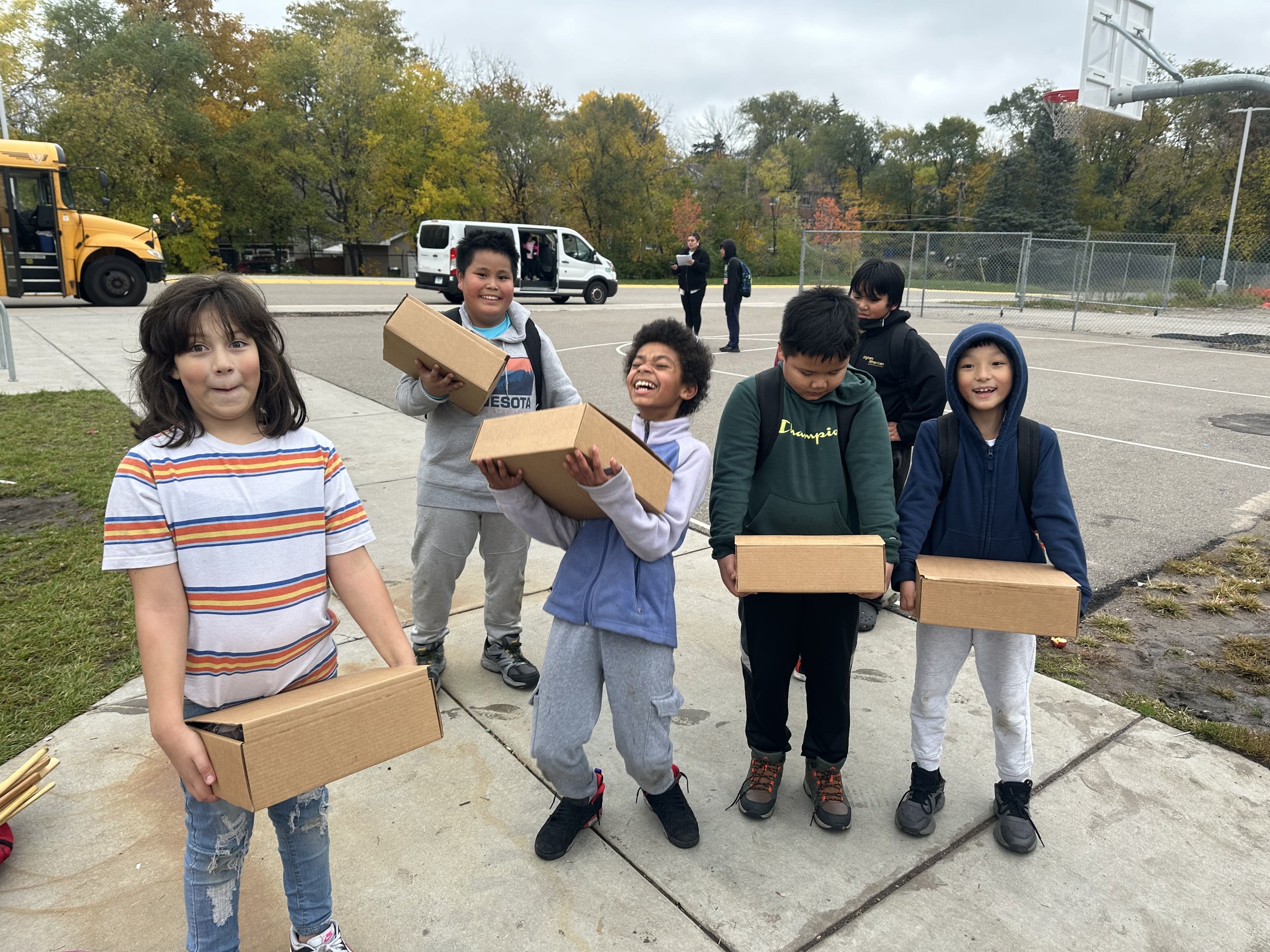
Project 3:
BRAID:
Building relationships around indigenous endurance
Urban Native American communities experience significant and persistent inequities in cardiovascular disease, obesity and hypertension yet despite decades of research, evidence-based interventions (EBIs) have failed to achieve significant improvement in health disparities.
Indigenous health promotion aligns EBIs with the broader context of cultural and community assets such as indigenous knowledge (IK) and orientations towards sovereignty and self-determination, as well as a recognition of structural contexts framed by racism and colonization including historical trauma, land access, material resources, and disproportionate risks of violence and pollution.
BRAID assesses facilitators and barriers to implementing an innovative afterschool health promotion program that mobilizes cultural knowledge and community relations to re-connect youth to health and health identity through their original instructions, stewardship practices, traditional foods, wooden stick lacrosse and other physical activities.
Project BRAID is hosted in both the Twin Cities and Duluth, Minnesota
Project BRAID aims to:
Define systemic facilitators and barriers to the uptake of BRAID and support implementation to strengthen program uptake.
Understand implementation outcomes based on RE-AIM metrics in relation to the organization and systems’ experiences with facilitators and barriers.
Understand the ways that BRAID supports student connection and reconnection to health and health identity via land, culture, knowledge, practices.
Community Partners in this work include but are not limited to:
Twin Cities Native Lacrosse
Minnesota Public School Districts
St. Paul Public Schools
Minneapolis Public Schools
Duluth Public Schools
Check out the gallery below from Project BRAID 2023 - 2024 Programming.











